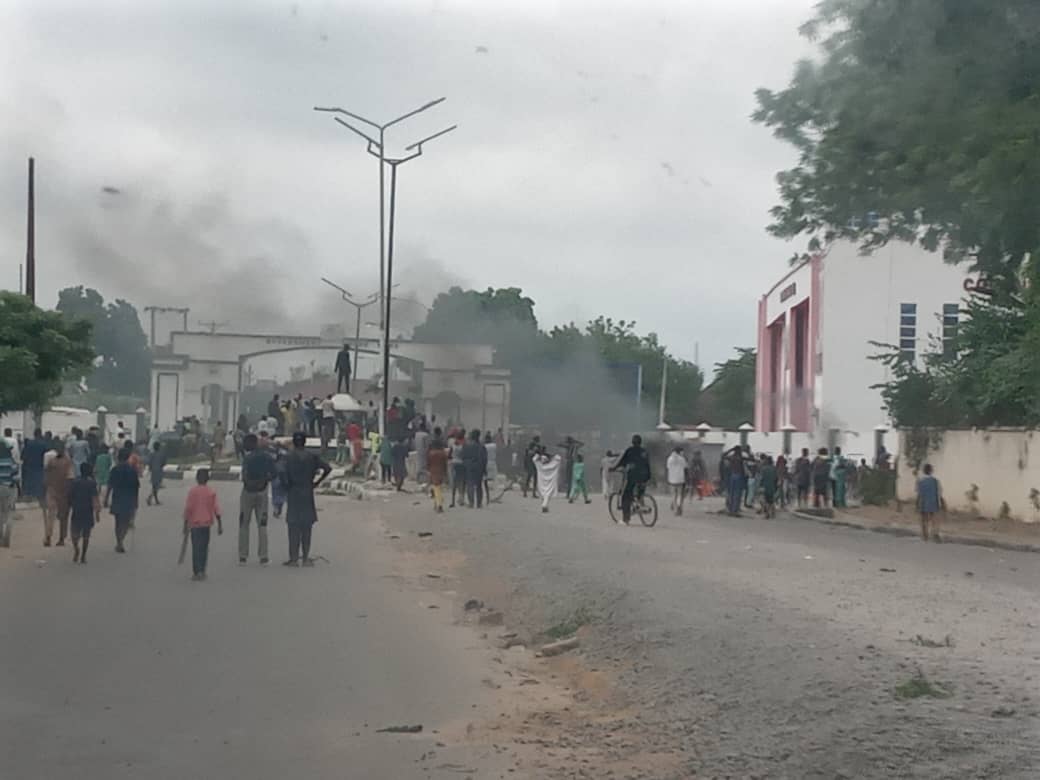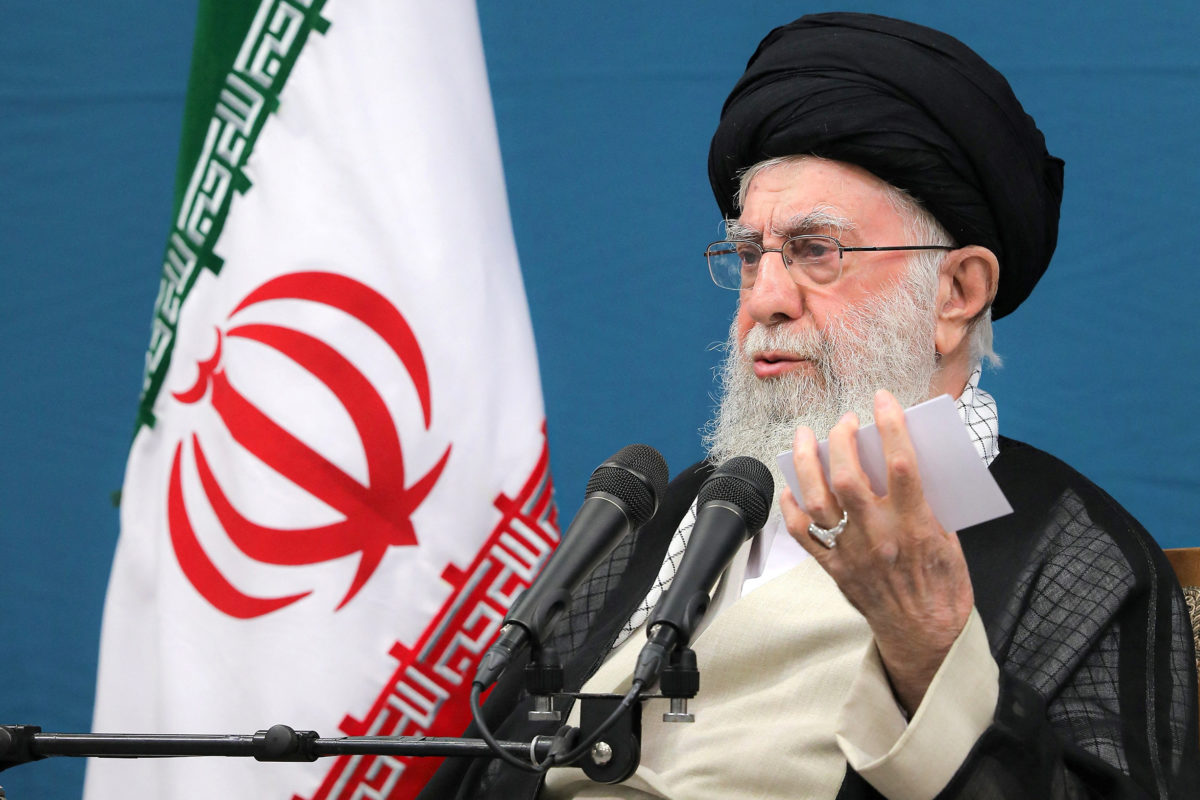By Kayode Emola
Last week the Prime Minister of Bangladesh faced a situation: she had only 45 minutes to vacate her office, or else face the same fate as her father 49 years ago. The options were clear: resign and go into exile or refuse and face the consequences. She wisely chose the former, ultimately fleeing to India for the safety of her life.
Reading the handwriting on the wall, the Nigerian Government quickly came out from all directions trying to persuade the protesters on the streets to sheath their swords. Whether this has worked or not remains to be seen; but it is clear that while the protests in Nigeria seem to have died down for now, the underlying causes have not been resolved.
I don’t believe the Federal Government of Nigeria really understood what this protest was all about; they sat and watch while the house burns. Nigeria is bankrupt; yet instead of the political class admitting this and proffering solutions, they organise an all-you-can-eat buffet, funded by scrimping together whatever borrowed resources they can, at the expense of the poor masses.
It is not enough that the country is broke and cannot meet the needs of its populace; the government is showing no signs of being prudent with its spending. Recall the spokesperson to the President, Ajuri Ngalele, who announced just a few days ago that the government of Asiwaju is cutting expenses drastically. Yet, when the detail is examined, these ‘cuts’ include traveling with no less than 20 people when embarking on a foreign trip, and at least 4 people on a local trip.
The presidency may still think that Nigerians are fools and have bought into the many lies they have touted in the name of reform. However, everyone can see the writing on the wall, that there is no hope for Nigeria. Now that they are feeling the pinch, even the northerners believe it is time to call an end to this unworkable union. If there is one thing President Tinubu can say was his legacy in Nigeria, it is to hasten its dissolution. At least, this thing we who are advocating for the self-determination struggle will be grateful for when the house eventually comes down.
Let us not deceive ourselves, there is no redemption for Nigeria, not in a million years; so the earlier everyone realises this, the better it will be for us all. However, realisation alone is not enough; it is what actions we take toward the dissolution that will truly make a difference.
Many people are scared of what might happen should dissolution happen. However, I know that if this government doesn’t hasten to de-amalgamate Nigeria, then sooner rather than later the people will have had enough. Just as in Bangladesh a few days ago, and in Sri Lanka a few years ago, there will be no place to hide for the Nigerian politicians.
I see that day approaching just like the clouds of rain, and it is approaching faster every day, yet only the discerning recognise it. I see some people clamouring that Nigeria is worse than it has ever been before. The truth is, Nigeria has been this bad for a long time, but people either are simply unable to see it, or pretend not to.
So, what can those advocating for Yoruba independence do? I believe we have reached the tipping point, where we either move forward or remain stagnant indefinitely. We must enter a high-level dialogue with the foundational powers making up Nigeria, to hold a meaningful discussion on how to dismantle this failed house.
I believe that the Yoruba nation, the Ijaw nation, the Igbo nation, and the north by extension the Arewa nation are now ready to exit this unworkable union. It is time to initiate exploratory meetings that will bring about the convocation of a sovereign national conference. With that conference, we will be able to ensure that it is legally binding, forming the basis of a contract for dissolving Nigeria.
With the dissolution of Nigeria, every ethnic nationality in Nigeria will be free to coalesce or build their own independent country as they wish. They will have the choice to decide their own development program, rather than being held back by others’ ineptitude to work.
The time has come for us Yoruba to get serious with the business of leaving Nigeria. We shouldn’t treat this as mere lip service, but invest serious effort, in educating our people on what they will benefit from an independent Yoruba nation. Therefore, I call on all of us to put our hands on the plow and get the work done as quickly as practicably possible.


 Headline5 days ago
Headline5 days ago
 Headline6 days ago
Headline6 days ago
 Featured5 days ago
Featured5 days ago
 Featured5 days ago
Featured5 days ago
 National5 days ago
National5 days ago
 Featured3 days ago
Featured3 days ago
 National6 days ago
National6 days ago
 News3 days ago
News3 days ago













